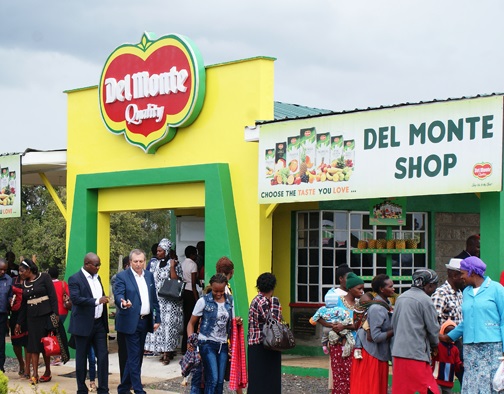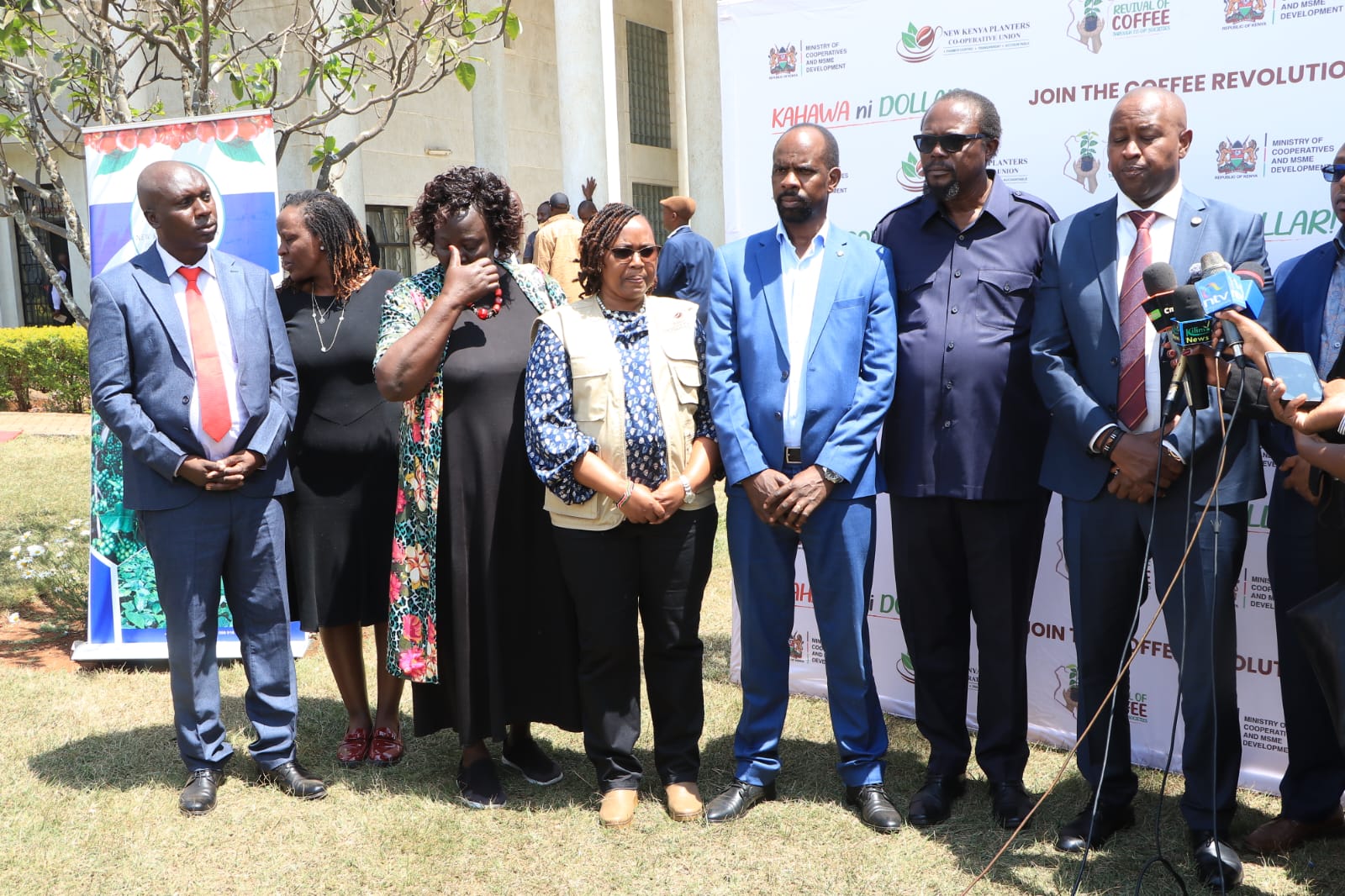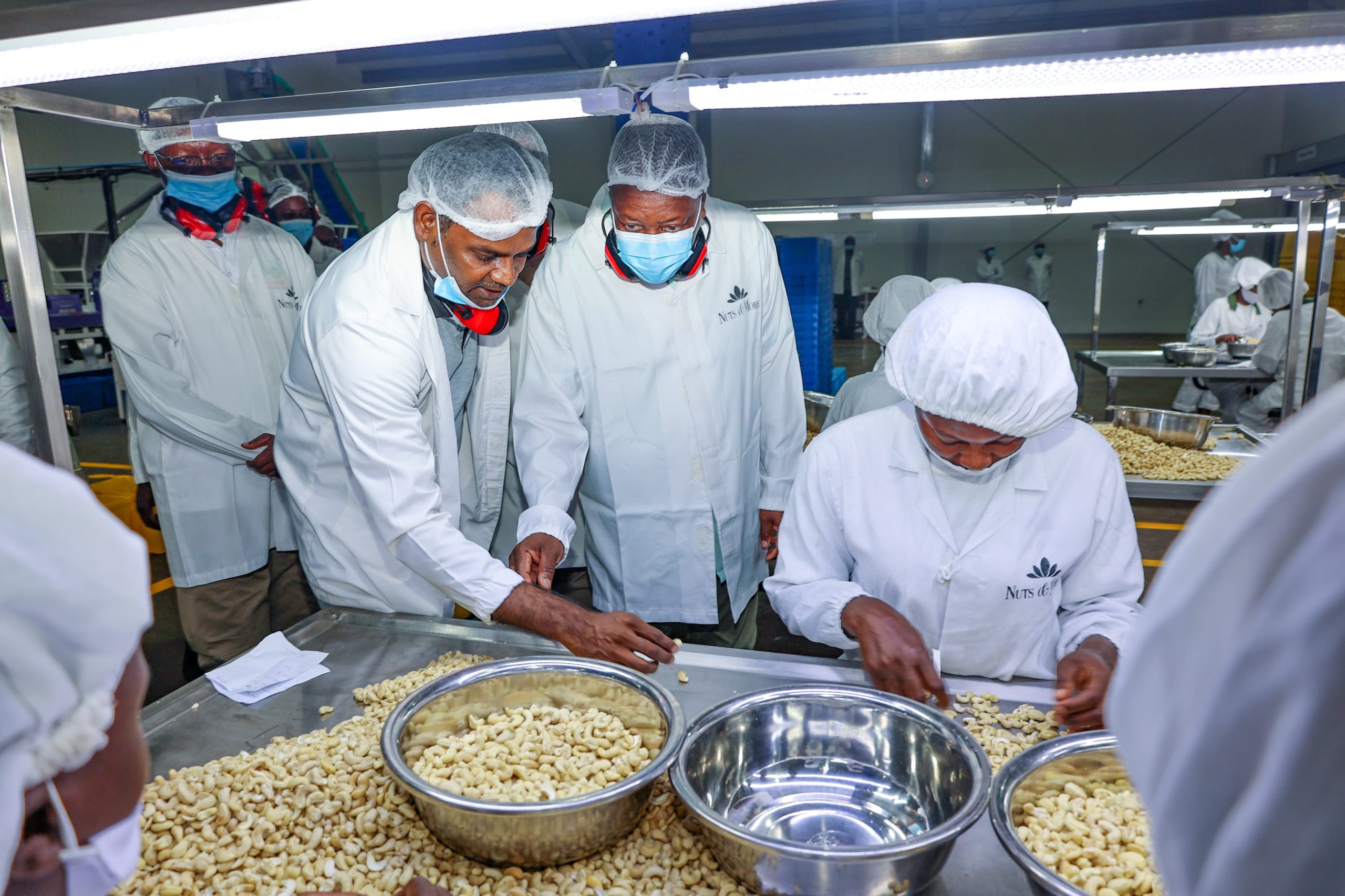Del Monte Kenya has transformed the humble pineapple into a global emblem of sustainable innovation and agricultural excellence.
The journey of every pineapple begins at the crown—literally. The company cultivates the fruit across more than 4,200 hectares (about 10,000 acres) of farmland. Each hectare carries roughly 65,000 plants, meticulously arranged in neat rows that reflect precision farming at scale. From planting to harvest, each crop takes about 18 months to mature, with every field remaining productive for over three years before being rested and replanted.
Each year, around 1,300 hectares are newly planted, while another 2,000 hectares are harvested, yielding close to 200,000 metric tons of pineapples. Del Monte Kenya exclusively grows the MD2 variety, globally recognized as the Del Monte Gold® pineapple—a cylindrical fruit with bright yellow flesh and a perfectly balanced sweetness and acidity. The MD2, often referred to as the “Golden Pineapple” or “Super Sweet”, became the world’s gold standard in the early 2000s, replacing the once-dominant Smooth Cayenne variety.
But Del Monte’s success is not just about quantity and flavor—it’s about innovation. The company employs advanced drip irrigation systems that deliver water directly to plant roots, reducing water use by up to 40 percent compared to traditional sprinklers. Precision watering has become essential amid erratic rainfall and prolonged droughts driven by climate change. Additionally, Del Monte has invested in water storage dams to capture and preserve rainfall, ensuring uninterrupted production even in dry seasons.
Technology is another key driver of Del Monte’s modern farming model. By using drones, satellite imagery, and soil-monitoring sensors, the company can detect crop stress caused by pests, nutrient deficiencies, or disease—then respond with targeted interventions. This precision approach minimizes chemical usage, improves efficiency, and safeguards the surrounding environment.
Equally remarkable is Del Monte Kenya’s waste management innovation. The company has established a first-of-its-kind biofertilizer plant that transforms pineapple residues from the cannery into eco-friendly fertilizers, biostimulants, and soil enhancers. These sustainable products enrich Del Monte’s own fields and will also be made available to smallholder farmers across Kenya and the wider East African region—promoting a circular agricultural economy.
Beyond the fields, sustainability remains a guiding principle. Del Monte has undertaken significant efforts to restore tree cover and rehabilitate riparian zones—those green corridors along rivers and wetlands that sustain biodiversity and regulate ecosystems. These conservation efforts protect both water resources and wildlife, including birds and hippos that inhabit the company’s dams.
Interestingly, the same MD2 pineapples destined for export are also used in processing—the only difference being shape or appearance, not quality. From field to factory, efficiency defines Del Monte’s operations. About three-quarters of its pineapples are processed into canned fruit and juices at the company’s Thika facility, while the remainder are sold fresh in local and international markets.
As one of Kenya’s largest exporters, Del Monte ships thousands of containers each year to Europe and the Middle East, while also supplying local supermarket chains such as Naivas, Quickmart, and Carrefour.
In many ways, Del Monte Kenya has redefined what it means to farm responsibly in the 21st century. Its success is not measured merely by the sweetness of its pineapples, but by the balance it has struck between productivity, innovation, and environmental stewardship. Every golden fruit that reaches a Kenyan breakfast table—or an overseas supermarket shelf—is more than a tropical delight; it is the result of science, sustainability, and deep respect for the land and people who make it possible.



